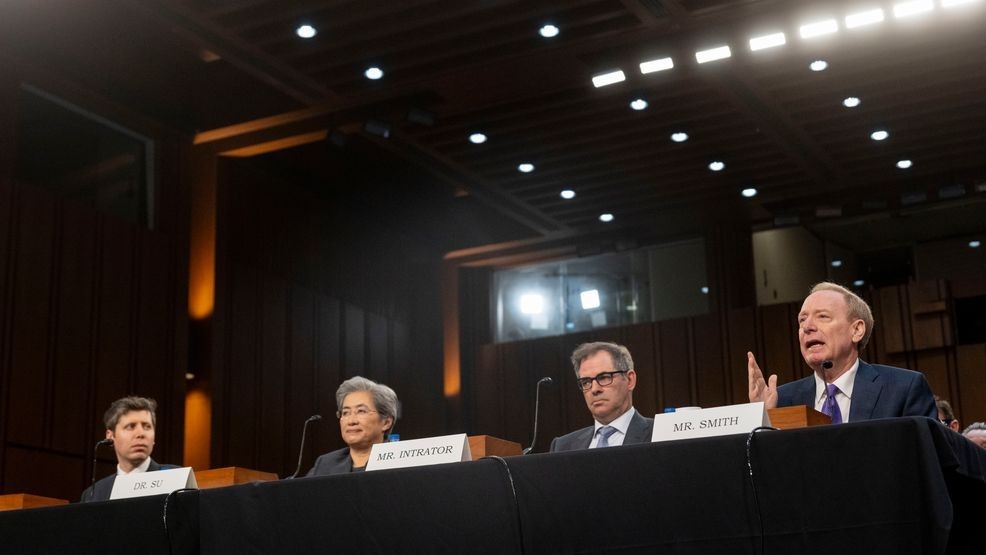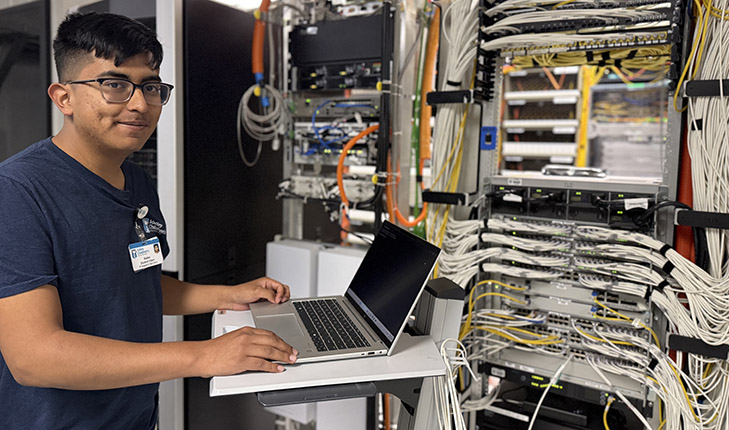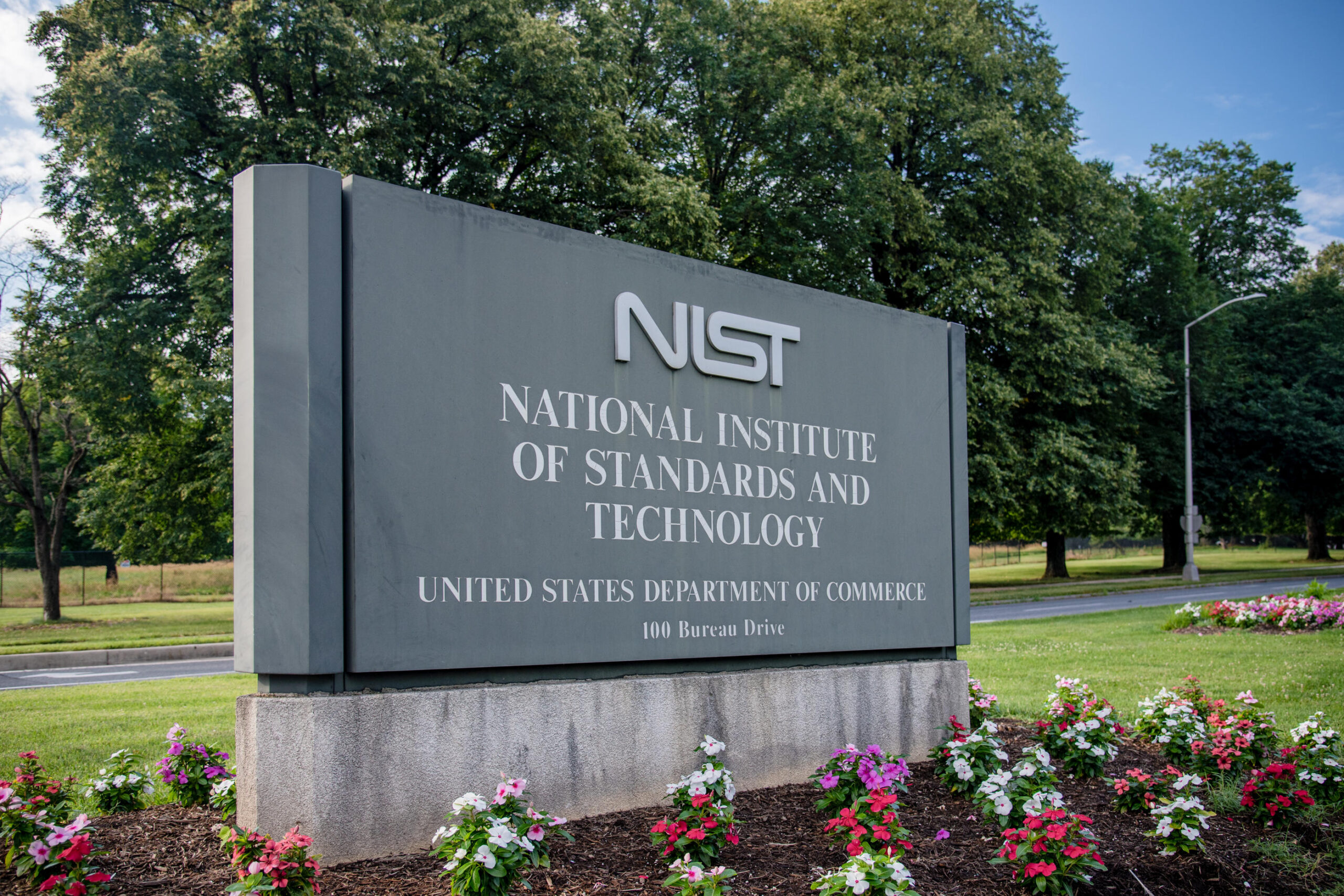
In a high-level meeting with U.S. lawmakers, some of the nation’s top technology executives emphasized that boosting exports and investing in infrastructure are essential for the United States to remain competitive with China in the race to lead global advancements in artificial intelligence (AI).
The closed-door discussions, held in Washington, D.C., brought together influential leaders from the tech industry and members of Congress to address growing concerns about the United States falling behind China in AI innovation. The conversation centered around the economic, national security, and technological implications of AI development.
Executives argued that restrictive export regulations are limiting American companies’ ability to scale globally and remain dominant in AI research and deployment. Easier access to international markets for advanced technologies, they contended, would not only increase revenue but also allow U.S. firms to compete more effectively against Chinese tech companies, many of which receive robust support from their government.
In addition to export concerns, industry leaders cited the urgent need to upgrade America’s technological infrastructure. This includes expanding access to high-speed broadband across the country, securing more domestic semiconductor manufacturing, and increasing federal investment in AI research through public-private partnerships. These improvements, they said, would accelerate domestic innovation and ensure the U.S. maintains strategic leadership over critical technologies.
Lawmakers, aware of the strategic threat posed by China’s rapid advancements in artificial intelligence, acknowledged the importance of aligning U.S. policies with technological realities. Recent legislation, including the CHIPS and Science Act, has aimed to support American semiconductor production and research funding, but executives indicated more action is needed.
The meeting concluded with a broad consensus that collaboration between the public and private sectors will be pivotal. Both sides agreed on the urgency of proactive strategies to equip the U.S. with the tools necessary to maintain a competitive edge in AI and safeguard national interests in an increasingly digital and interconnected world.
Source: https:// – Courtesy of the original publisher.








